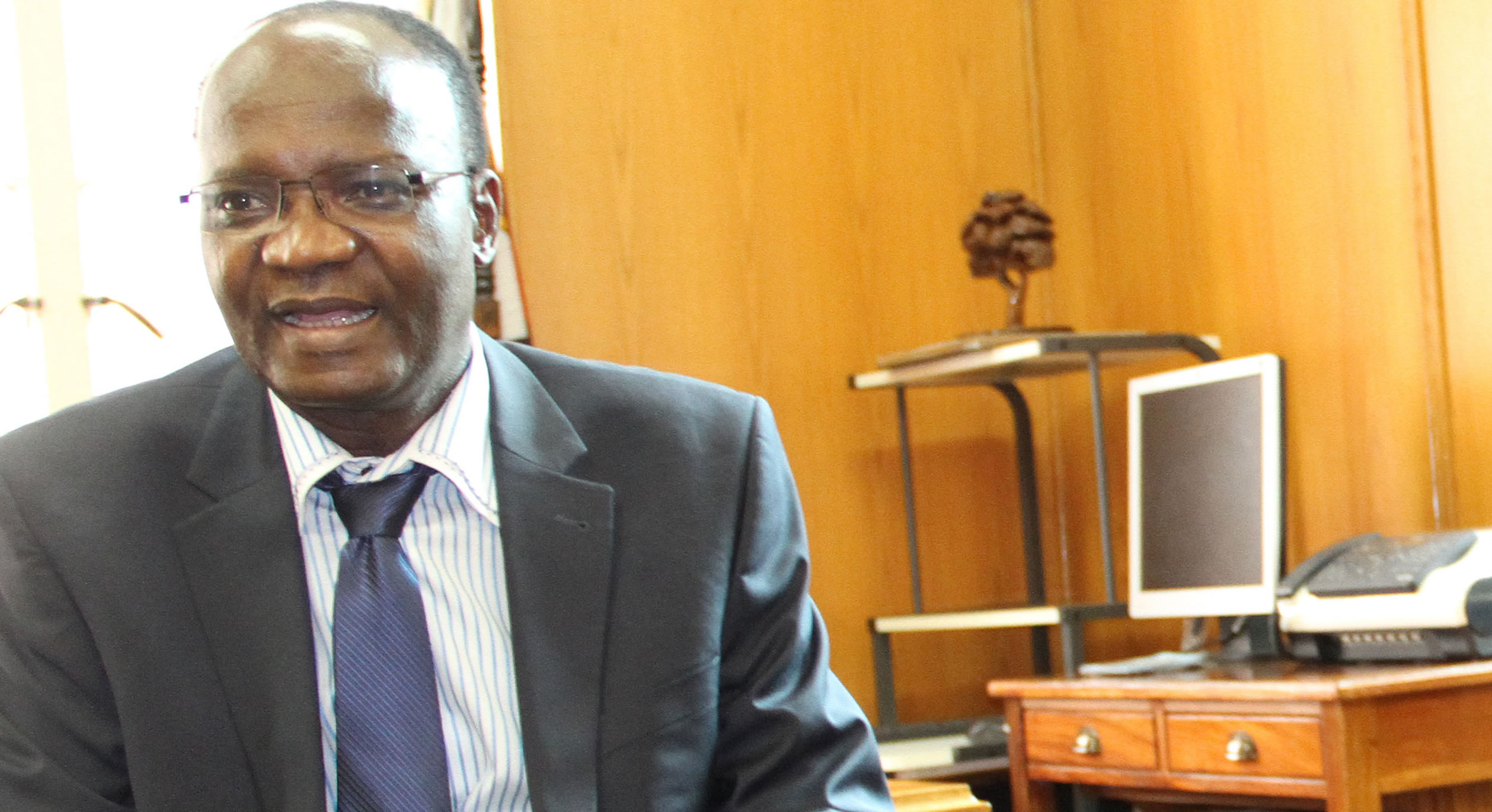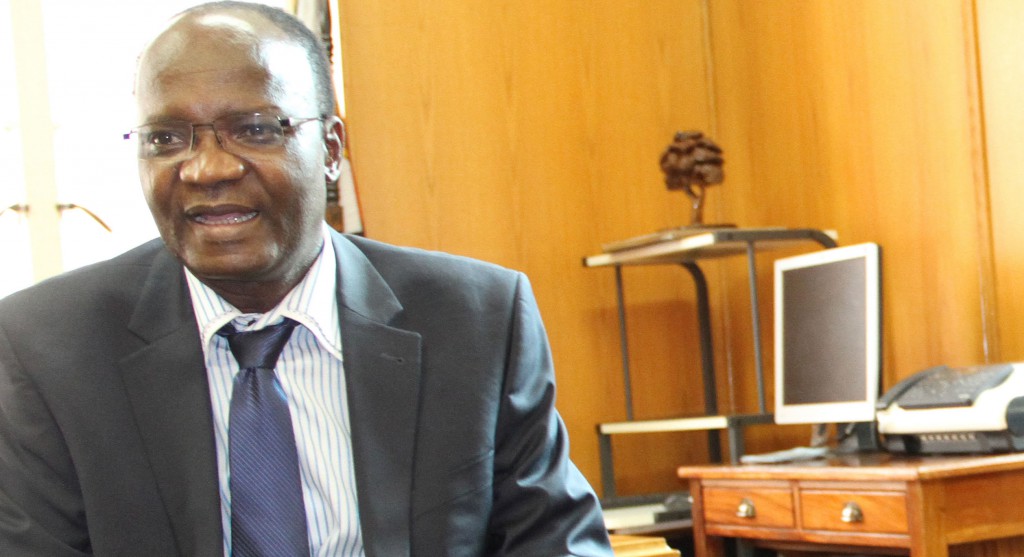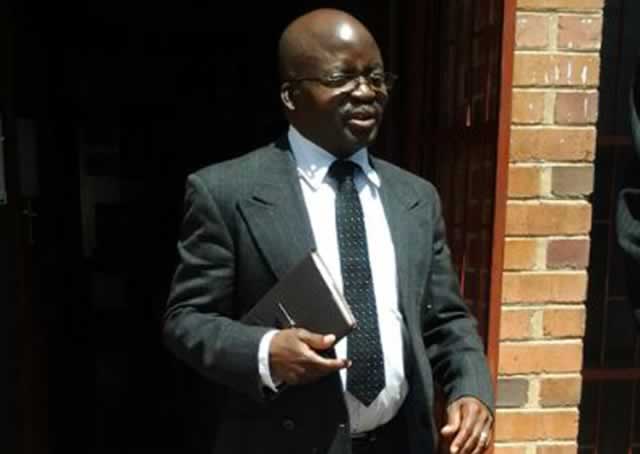Chicanery in State enterprises to be erased

Prosper Ndlovu Deputy News Editor
THE government is closely monitoring the operations of State enterprises with the view of developing core competences needed in dealing with the economic side of its mission, the Minister of Information, Media and Broadcasting Services, Professor Jonathan Moyo said yesterday.
Speaking during the inaugural briefing for the Zimbabwe Broadcasting Corporation (ZBC) board in Harare, Prof Moyo said the revamping of the dysfunctional public enterprise sector, which accounts for 40 percent of the country’s Gross Domestic Product (GDP) remains a priority towards turning around the economy as espoused in the economic blueprint, Zim-Asset.
“Cabinet now requires that Boards be properly appointed, be properly tasked and be properly supervised. You will no longer be left to your own whims and devices. Never again! The public economy must regain integrity and efficiency so it is able to underpin Zim-Asset and the whole economy,” said Prof Moyo.
“Clearly government needs to develop core competencies in dealing with the economic side of its mission. After all, the end game of politics is not politics; the end game of politics should be enhanced welfare of the citizenry through enlightened programmes on wealth-creation and wealth-distribution.”
Prof Moyo said since its formation last year, the Zanu-PF government takes revamping of the public sector economy seriously and would no longer allow these entities to be destroyed by poor management.
He said resolving challenges facing the public sector economy “has far-reaching implications to our economy in general and to the success of Zim-Asset programme in particular”.
“We have come across situations of complete or near-complete collapse of corporate governance, manifesting as a complete breakdown in the shareholder-board-management relationship. Government comes across as an unenlightened shareholder who hardly demands sound management of, and good return on, its investments,” said the Minister.
“Shareholder oversight has been erratic, unstructured or even non-existent, creating a culture of impunity within which corruption was bound to thrive.”
He said the situation where public enterprises fail to declare a dividend was not acceptable and that those in charge, management and the boards, should be brought to account.
Prof Moyo warned management against abusing office by awarding themselves hefty packages that their entities cannot afford at the expense of workers saying such an attitude was responsible for the rot in most parastatals.
The government recently capped salaries for top CEOs to $6,000.
He said management in most public enterprises was to blame for the collapse of parastatals adding “more than three quarters of contracts wielded by CEOs of parastatals and state enterprises can be challenged at law.”
Said Prof Moyo: “You dare not return to ashes. You must mark a new path in corporate governance, indeed become touchstones in public economy corporate governance.”
He said the new ZBC board had a daunting task of turning around the fortunes of the public broadcaster and restoring audience confidence in its programming.
“So the screen should project our united Nation the way it is and the way it aspires to be. This is how ZBC is judged and shall be judged,” said Prof Moyo.
He said the new ZBC board has a mandate of restoring rules of proper organisation and corporate governance, redefining the vision and core mission of the public broadcaster and restructuring it in light of its past pitfalls.
Prof Moyo also said the new board should gear ZBC for competency in modern and sustainable public commercial broadcasting and made reference to the June 2015 digitalisation deadline.
He said ZBC was expected to fulfil its national and statutory obligations, including to the arts and visual industries.
“At the end of the day, ZBC should emerge as an innovator who is also an employer of choice and integrity. This entails laying groundwork for content infrastructure and building a living, mutually rewarding relationship with independent content producers.
“Above all, it means more innovative programming in a way that recognizes Zimbabweans are found both at home and abroad, meaning the public broadcaster must pursue a dynamic, itinerant programming policy.”
The government dissolved the Cuthbert Dube-led ZBC board and appointed a new one chaired by Father Gibson Munyoro.











Comments